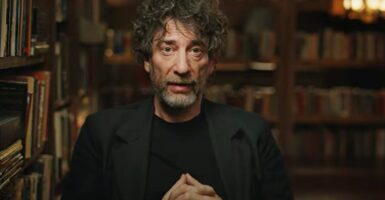The Greatest Movie Director’s Last Role Is In An ’80s Sci-Fi Childhood Classic
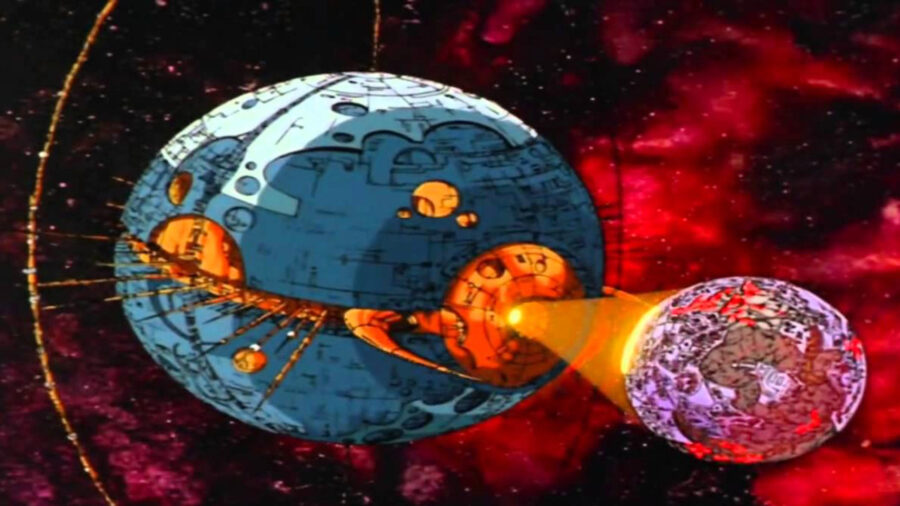
On the surface, the Transformers franchise and Citizen Kane have very little in common. One stars robots that can morph into vehicles and the other is often considered the best film ever made. Dig a little deeper, though, and you’ll discover one major connection between the two: Orson Welles’ last film was Transformers: The Movie.
Not As Surprising Of A Career Choice As You’d Think
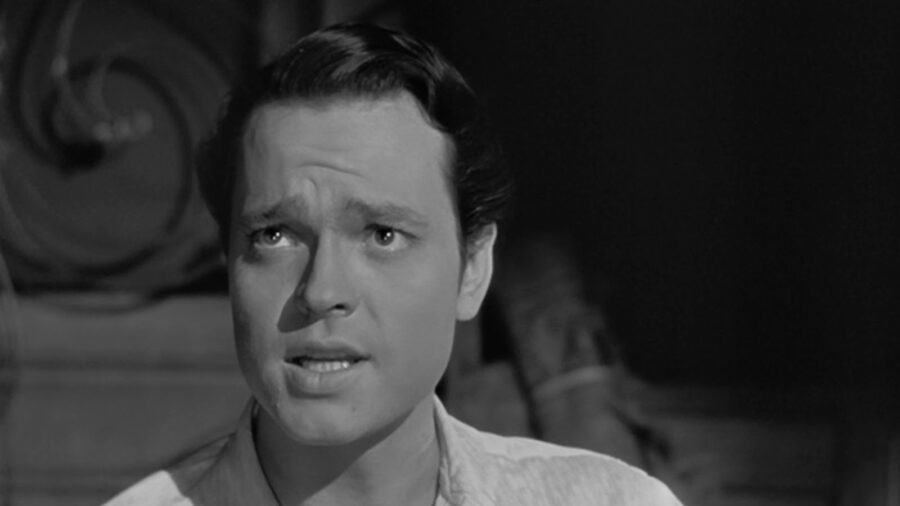
The 1986 animated feature cast Welles as the planet devouring Unicron. Imagine a cross between Galactus and The Death Star with Spaceballs‘ Mega Maid thrown in for good measure. Whether you think the director was slumming it or not, you have to admit, Transformers: The Movie is an odd note for Orson Welles’ career to end on.
Or was it?
Orson Welles started his career as a well-respected writer and director, but by his twilight years, he was taking any offer he could get, including Transformers. The man who started his career by scaring the country with his War of the Worlds radio broadcast was hocking Wine and doing voice-overs for raunchy comedy trailers at the end. Depending on how you look at it, Welles’ late career choices can be read as desperation or a refreshing lack of pretense.
In truth, it was really neither.
Citizen Kane’s Gotta Get Paid
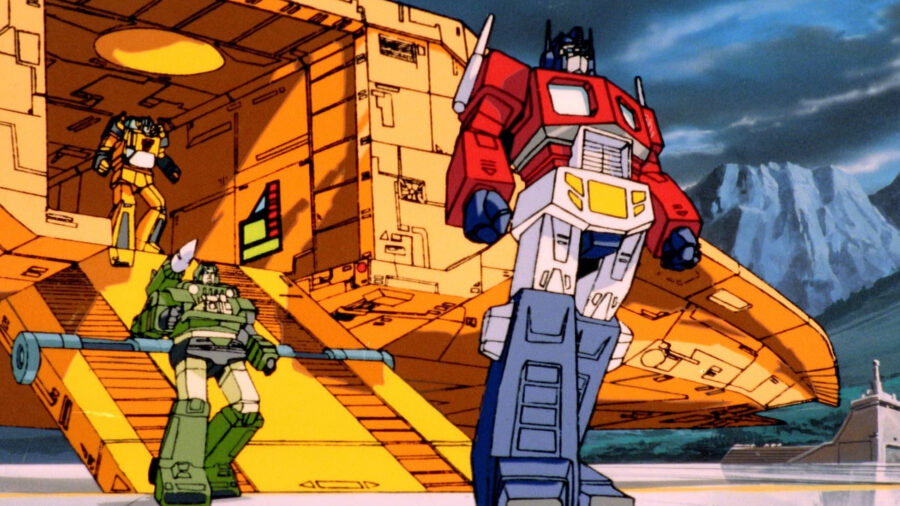
Welles was still working on films up until his death, and to finance them, he took every job he was offered. That’s how the legendary Orson Welles ended up voicing a part in Transformers: the 90-minute Toy Commercial. Of course, for a whole generation of children, Transformers: The Movie was much more than a toy commercial.
In the ’80s, Hollywood saw big-screen adaptations of TV cartoons as disposable entertainment—something you could bring a kid to on a Sunday to get them away from their Nintendo for a bit. As a result, studios didn’t put much effort into the plots of films like The Care Bears Movie or Rainbow Bright and the Star Stealer. Transformers: The Movie, with its celebrity voice actors like Leonard Nimoy and Orson Welles, was a different story.
A Dark Turn For A Kids Movie
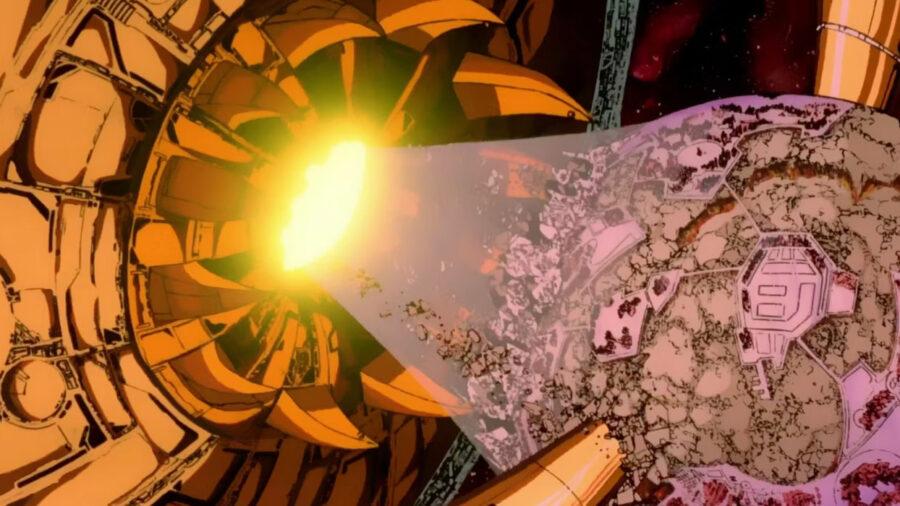
Most theatrical movies based on weekly cartoons tend to create a self-contained story that doesn’t impact the show’s continuity. Transformers: The Movie says “F that,” and starts with the final battle between Optimus Prime and Megatron. Even worse, the battle kills off both characters. Can you say childhood trauma?
Meanwhile, Orson Welles as Unicron is busy murdering Transformers on a planetary scale. The world-devouring scenes are so detailed and kinetic that the producers made them planets full of sentient robots just to avoid an R-rating. All of which is to say that despite being a cartoon, Transformers: The Movie was far from just a “kids” movie.
Welles Wasn’t Happy With His Work
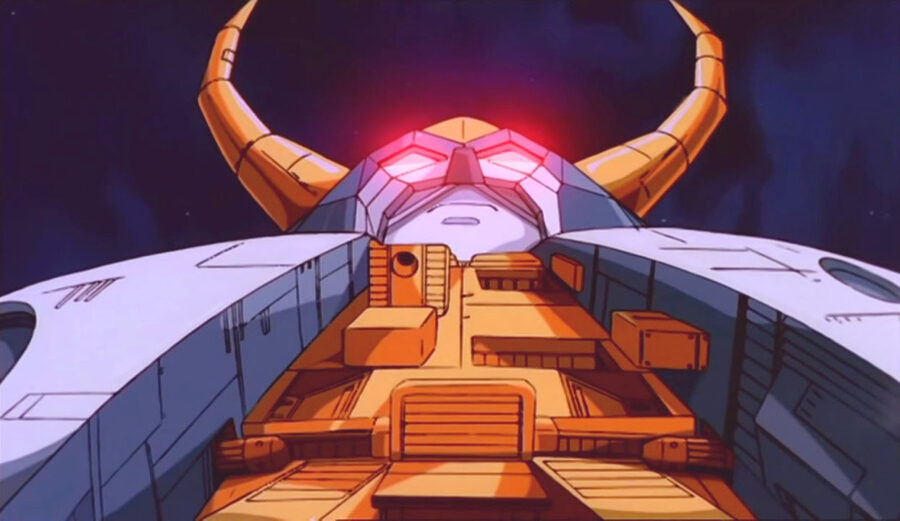
We’re not trying to pass a movie featuring “Weird” Al’s “Dare to be Stupid” as Shakespeare, mind you. Just illustrating the point that Orson Welles doing Transformers as a sentient, genocidal planet is much different from him playing Butterfly #3 in My Little Pony: The Movie. Not that the distinction made a difference to Welles.
The director was willing to take any role, yes. Respecting said role is another matter entirely. Orson Welles’ biographer Barbara Leaming wrote about Welles calling her five days before his death to disparage his Transformers role. According to Leaming, Welles described the Transformers as “Some terrible robot toys from Japan that change from one thing to another.”
Legacy And Impact Of Transformers: The Movie
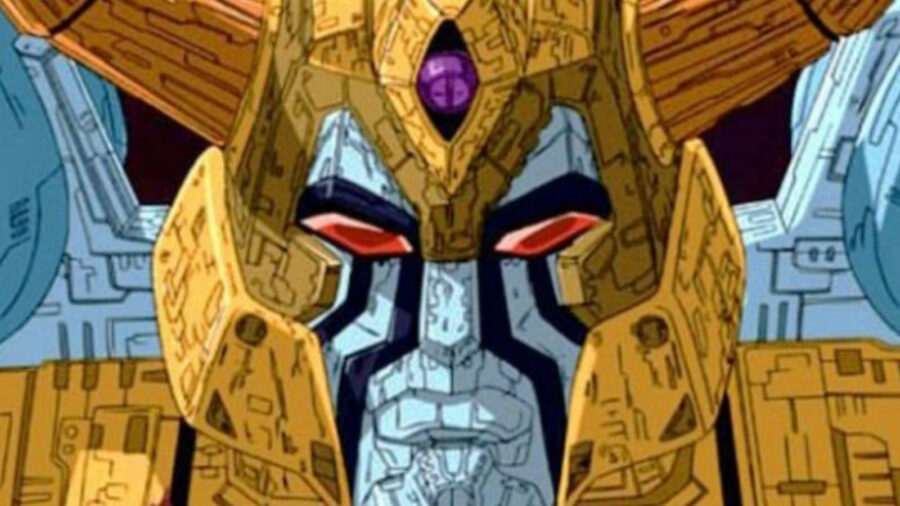
Welles went on to explain the plot to Leaming as him menacing someone “called Something-or-other,” before being defeated and tearing himself “apart on screen.” But despite his disdain, Orson Welles’ work on Transformers is never anything less than stellar. The Hollywood icon’s distinctive voice brings a gravitas to Unicron that transcends the source material.
Orson Welles passed away on October 10, 1985—a little less than a year before Transformers: The Movie‘s August 8, 1986 debut. It’s a pity that Welles never got to see his final movie role. One can only assume he would have hated it.
Had Welles lived long enough to see the movie achieve cult status, would he have reevaluated his role in the movie’s long-lasting success?
We’d like to think so.




